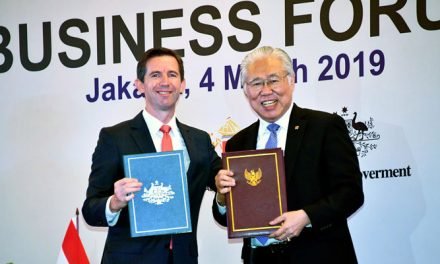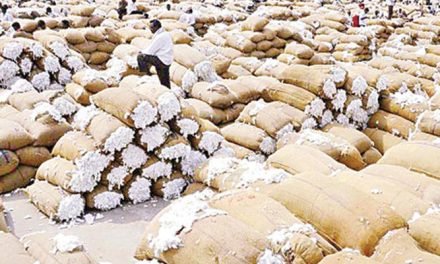 Switzerland’s Better Cotton has convened a group of leading international retailers and brands to help enable the delivery of new traceability solutions and bring greater visibility to the cotton supply chain. These include names like Marks & Spencer (M&S), Zalando and Bestseller. The panel has pulled together an initial £1 mn tranche of funding.
Switzerland’s Better Cotton has convened a group of leading international retailers and brands to help enable the delivery of new traceability solutions and bring greater visibility to the cotton supply chain. These include names like Marks & Spencer (M&S), Zalando and Bestseller. The panel has pulled together an initial £1 mn tranche of funding.
Additionally, the Sustainable Apparel Coalition (SAC), a global non-profit alliance for the consumer goods industry, has partnered with Fair Wear and the Ethical Trading Initiative focused on facilitating collective action across the industry towards achieving the 45 percent greenhouse gas (GHG) reduction by 2030.
Better Cotton will work with suppliers, NGOs and independent experts in supply chain assurance to develop an approach that meets the pressing needs of industry today. The Better Cotton Traceability Panel will address all aspects of the cotton supply chain, from farmers in the field through production to the consumer, the company said.
Better Cotton has gathered input from over 1,500 organisations so far who have made it clear that traceability is business-critical across the whole industry but also that retailers and brands need to integrate sustainability and traceability into their standard business practices. Findings from this research highlighted that 84 percent indicated a business ‘need to know’ where the cotton in their products was grown. In fact, 4 in 5 suppliers surveyed sought the benefit of an enhanced traceability system. Currently only 15 per cent of apparel companies claim to have full visibility of the raw materials that go into their products according to a recent study by KPMG.
The partnership between SAC, Fair Wear and the Ethical Trading Initiative, which falls under The Industry We Want (TIWW), is part of an initiative geared towards ensuring dignity for workers in decent jobs, thriving businesses along the supply chain, and a positive impact on the planet.
TIWW has developed a set of metrics for the garment and footwear industry to measure action across 3 pillars: social, commercial and environmental. The impact metrics will be presented in TIWW’s first ever industry dashboard, which will be updated annually and function as a ‘temperature check’ for the sector as a whole.
The SAC will lead TIWW’s environmental pillar and work closely with fellow Apparel Alliance member, the Apparel Impact Institute (Aii), to ensure an annual update of the dashboard data, providing a yearly check-in on the progress the industry has made to reduce emissions. The SAC will also support in the development and implementation of TIWW’s overall strategy, coordinate key partnerships, support the TIWW led events and participate in the annual evaluation of the project to identify areas for improvement as needed.





















